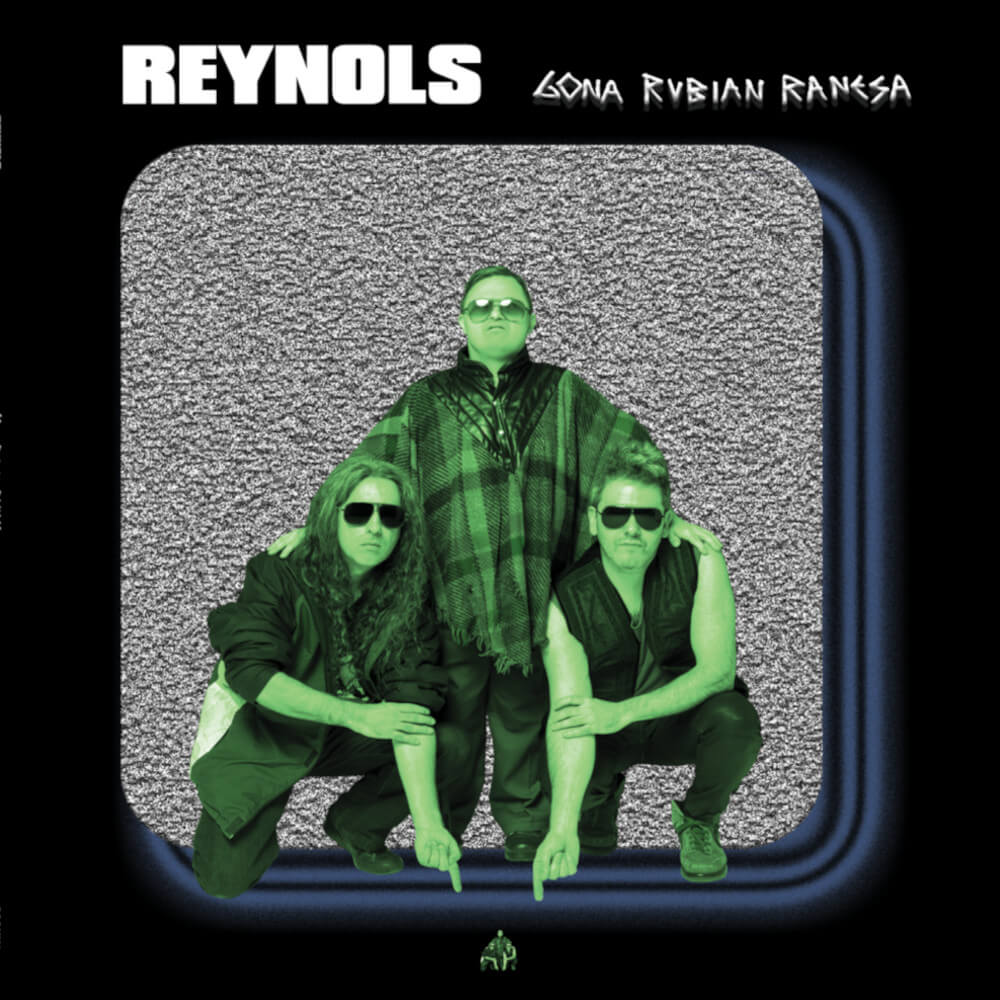The Argentinian band Reynols wasn’t widely known even before they disappeared for some 17 years. They just don’t do the kind of music that gets a band known. That might change with the release of the new Gona Rubian Ranesa, arguably the most musical album they’ve put out, but really it won’t. Which is a shame, because Reynols represent everything rock pretends to be.
The band has been around since 1993, although if you ask singer and frontman Miguel Tomasin, he might tell you that the band has been around since 1967 when, at age 3, he started banging on pots and pans in his mother’s kitchen. He might say something else, too, but he’s said that in the past. Tomasin is, by any definition, the visionary of Reynols. Without him, Reynols wouldn’t be the most important band in the history of rock.
Rock has certain conventions—rhythm, instrumentation—that generally don’t vary all that much. But something more important that rock has, or should have, or at least pretends to have, is attitude. Rock is about the rise of the outsider. Rock is about breaking down power structures. Rock is about believing in yourself. And in that respect, Tomasin is a veritable rock hero. The fact that Tomasin has Down’s syndrome may or may not matter; We’d have to know what kind of band he’d have if he didn’t have Down’s syndrome to say for sure, and we don’t know that. But Tomasin is a visionary and in Roberto Conlazo, Pacu Conlazo and Anla Courtis,
he has a devout ensemble ready, willing and able to do his bidding. And that’s what makes Reynols the most important band in the history of rock.
Tomasin’s bidding hasn’t always brought home the bacon. Past releases have included recordings of chickens and an album of dematerialized music, housed in an empty jewel case. The band has also worked with Acid Mother’s Temple, the Nihilist Spasm Band and Pauline Oliveros, and has always stayed true to his wishes. That dedication is what gives the band its strength.
It wasn’t all that surprising when they fell silent. The other members took on other projects, and Tomasin did whatever it is Tomasin does. A brief clip of the band in the studio showed up on YouTube in 2014, and was soon followed by more silence. A six-CD plus DVD box set in early 2019 may have spurred them into activity again, but whatever it was that did it, Gona Rubian Ranesa might be the most conventional album the band has made, at least in the sense of following older paths of unconventionality. The four long tracks mine some trippy grooves, with strong ties to Krautrock and early ’70’s Pink Floyd. The whole album is up on Bandcamp, as is the Minecxio Emanations 1993-2018 box set. Catch them while they’re above the surface, who knows when they might crest again.










